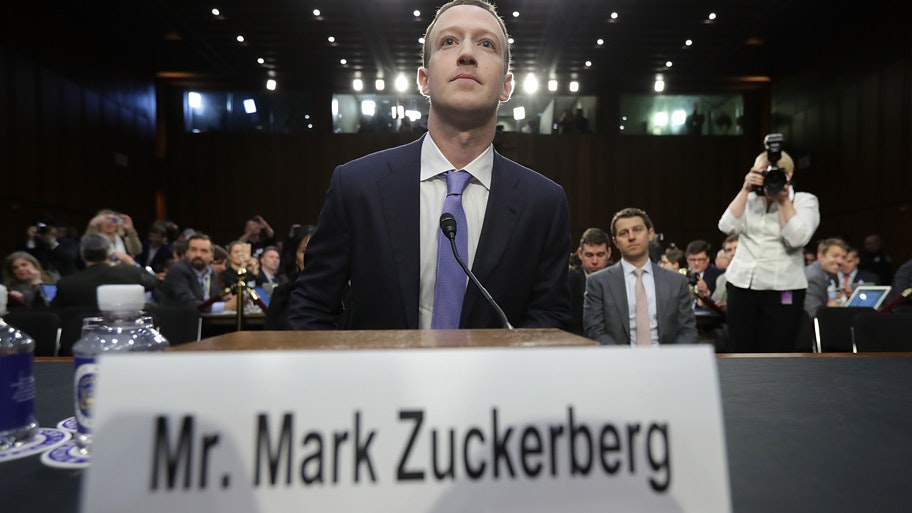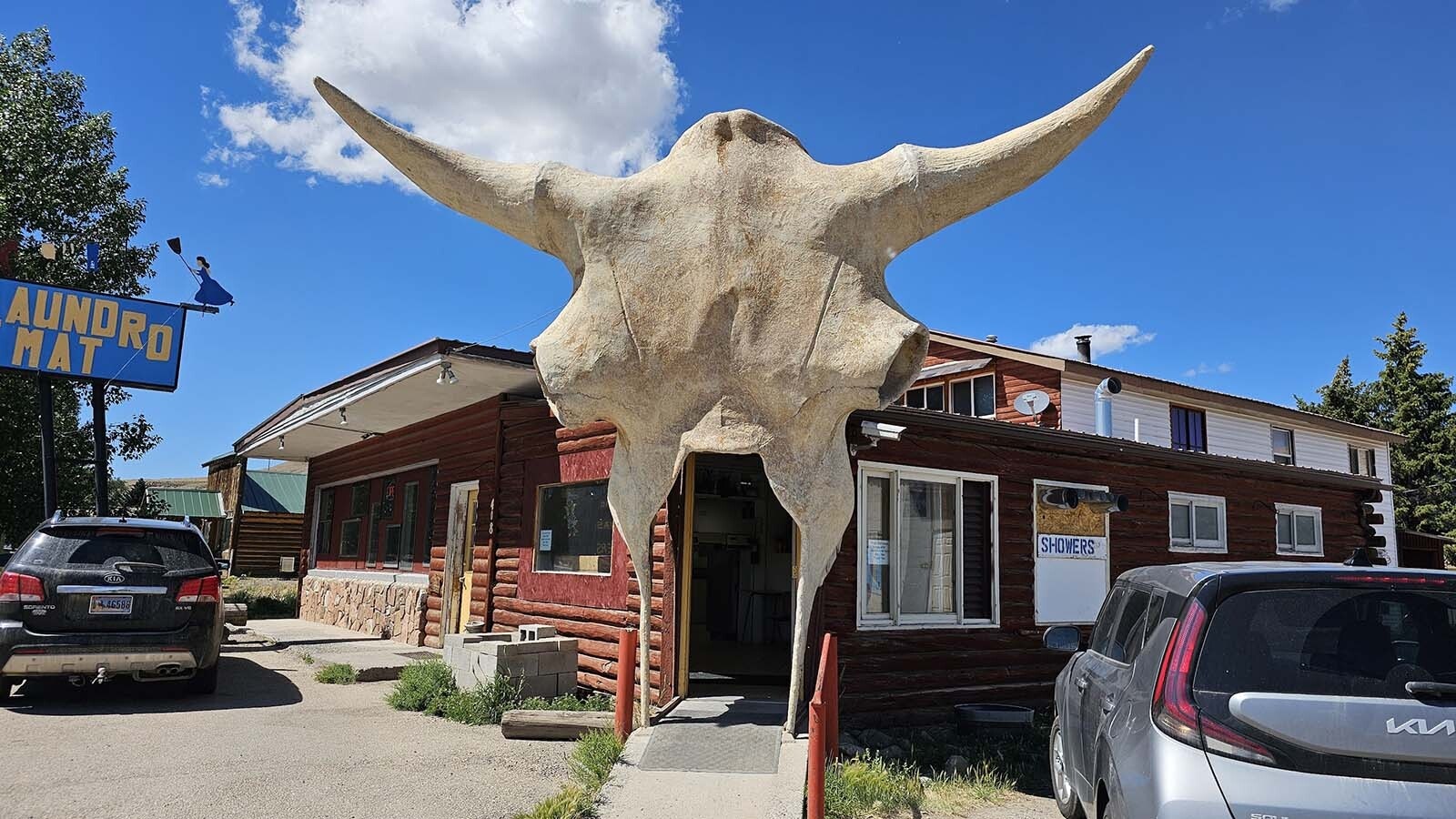Wyomingites who were Facebook users anytime during the past 15 years qualify for a sliver of a $725 million settlement over privacy issues.
The exact size of each person’s piece of the settlement pie will depend on how many other people apply, as well as how many months each user had a Facebook account during the period in question.
Users will be given one point for each month they had an active account during the relevant time. The total points will be divided by the net settlement amount — minus administrative costs and fees — to determine how much each point is worth.
Each claimant will receive that amount multiplied by the number of available points. Given that there are more than 200 million Facebook users, settlements are likely to be small, unless few people decide to apply, which also is possible.
The application deadline for the settlement is Aug. 25.
Ironically, users will need to share a little bit of their personal information to qualify for the payment, including mailing addresses, email addresses, phone numbers and Facebook usernames, which will be used to confirm whether they were active in the period from May 24, 2007 to Dec. 22, 2022.
Those who decide not to apply are opting out of receiving any settlement money.
A hearing is still pending in September to approve the settlement, which is being considered in the U.S. District Court for the Northern District of California.
What’s All The Flap About
The settlement follows a class-action lawsuit that Facebook parent Meta Platforms Inc. decided last year to settle, which had accused the company of sharing user data or making it accessible to third parties without users’ knowledge.
A political data consulting firm called Cambridge Analytica — since shuttered — circulated a lengthy psychological survey under the guise of academic research to collect private information from some 87 million Facebook users without their permission. The data collected from third parties who had not signed up for the survey but were friends of the user who had was used to build voter profiles aimed at aiding President Donald Trump’s 2016 campaign.
President Barack Obama’s campaign, meanwhile, operated in a similar fashion during his 2008 campaign.
In that case, however, it was clear to users that they were agreeing to share data with Obama’s campaign, unlike the Cambridge Analytica survey, but users’ friends were still not aware their data was being collected for these purposes.
Facebook has said this aspect where developers could collect information from the friends of users who had opted into something like a survey or quiz or other application has never been a secret.
The available information included data about people’s locations and their interests, as well as photos, status updates and check-ins.
That proved, in both the Obama and Trump campaigns, to be enough information to develop psychographic profiles of millions of users to predict political leanings and identify those most likely to be persuaded.
Secret or not, once the practice was examined in greater detail in media articles and a Netflix documentary, it formed the basis of the class-action suit that Facebook has settled, without admitting any wrongdoing.
Facebook said at the time that this wasn’t technically a breach since its technology worked exactly the way it had been designed to work.
It accused Cambridge Analytica of violating its terms of service. However, the platform has since changed its terms of service language to reduce the information third parties are allowed to collect.
Still Plenty Of Privacy Issues
While Facebook has made changes limiting the third-party mining of information, cybersecurity experts in Wyoming say there are still many outstanding privacy issues to consider when using social media platforms.
“Even after the settlement, after testifying before Congress, Facebook is still conducting the same essential business practices,” Rocky Mountain Cybersecurity CEO Elmer Robinson told Cowboy State Daily. “I don’t think I see any values or morals, like, changing over there.
“And, I mean, aside from that, they get hacked about every year. I mean, in the last, I think four years, Facebook has been hacked three times.”
That has exposed millions of users’ credentials on the dark web for sale, Robinson said.
He recommends users ensure they do not use their social media platform usernames and passwords for anything important, like bank accounts or credit cards.
“That’s a real security risk for people using LinkedIn, Facebook, TikTok, all of these places,” he said. “They get hacked regularly and so those credentials get stolen.”
Dark web users will often take those log-in credentials and start trying them with services like PayPal and Venmo to see how many they can capture that are using the same username and password for something tied to a bank account.
“People can protect themselves from that risk by not re-using passwords and by really practicing exceptional password hygiene,” Robinson said. “People should assume any password they’ve ever used on Facebook is already for sale, and that it’s a garbage kind of throw-away thing, and use it accordingly.”
Two-Factor Authentication Is Your Friend
In addition to using a super-strong password for anything associated with money or other valuables, Robinson also recommends setting up two-factor authentication whenever possible.
Two-factor authentication will send an authorization code to the users’ cellphone, ensuring that even if a password is cracked, hackers cannot access the account.
Robinson also recommends deleting information like birth dates and hometowns from social media profiles, and to be wary of the “cute” freebie apps and surveys that are often circulated on social media.
While those quizzes that ask for favorite colors and hometowns may seem innocuous and fun, they can be mined for information that answers questions used to secure access to bank accounts and the like.
“If you’re really concerned about it, Facebook has made available ways to go in and look at your profile to see what kind of third-party data is being collected,” Robinson said. “Maybe delete data you don’t like being there, and turn off tracking mechanisms.”
Users may have to hunt and peck to find this information, Robinson added, but a Google search for “how do I secure my Facebook profile” should turn up helpful walkthroughs.
Participation in social media sometimes feels like a necessary evil, Robinson said.
“If I didn’t use it, I’d miss out on all the grandkids birthday party invitations, because that’s how everything goes out,” he said. “But at the same time, I think you kind of have to take steps to kind of keep them at arm’s length.”





